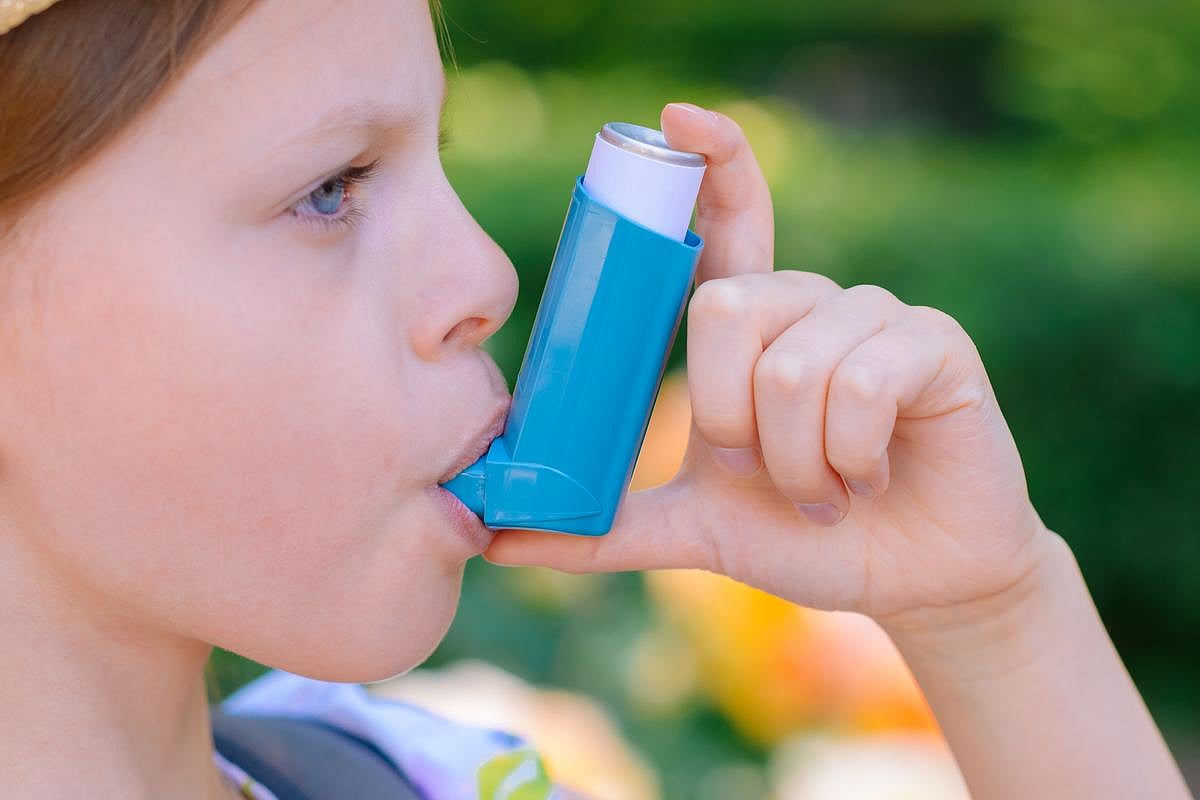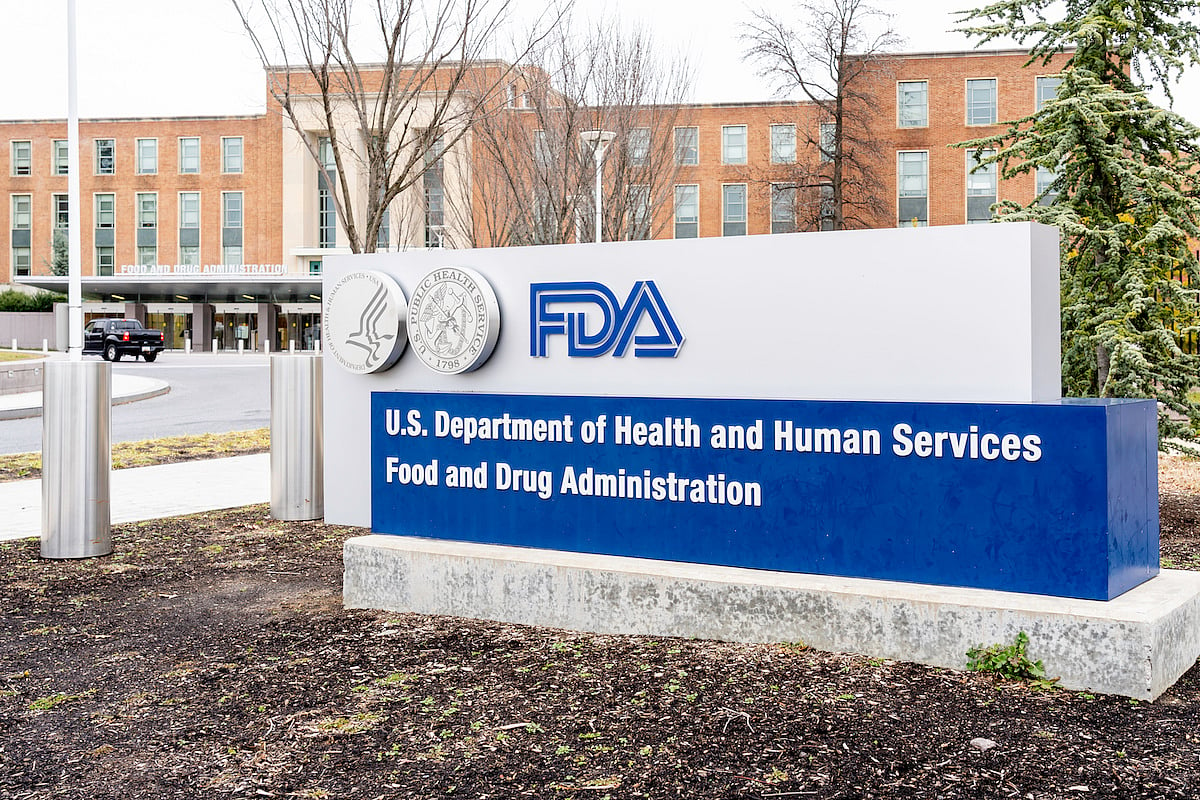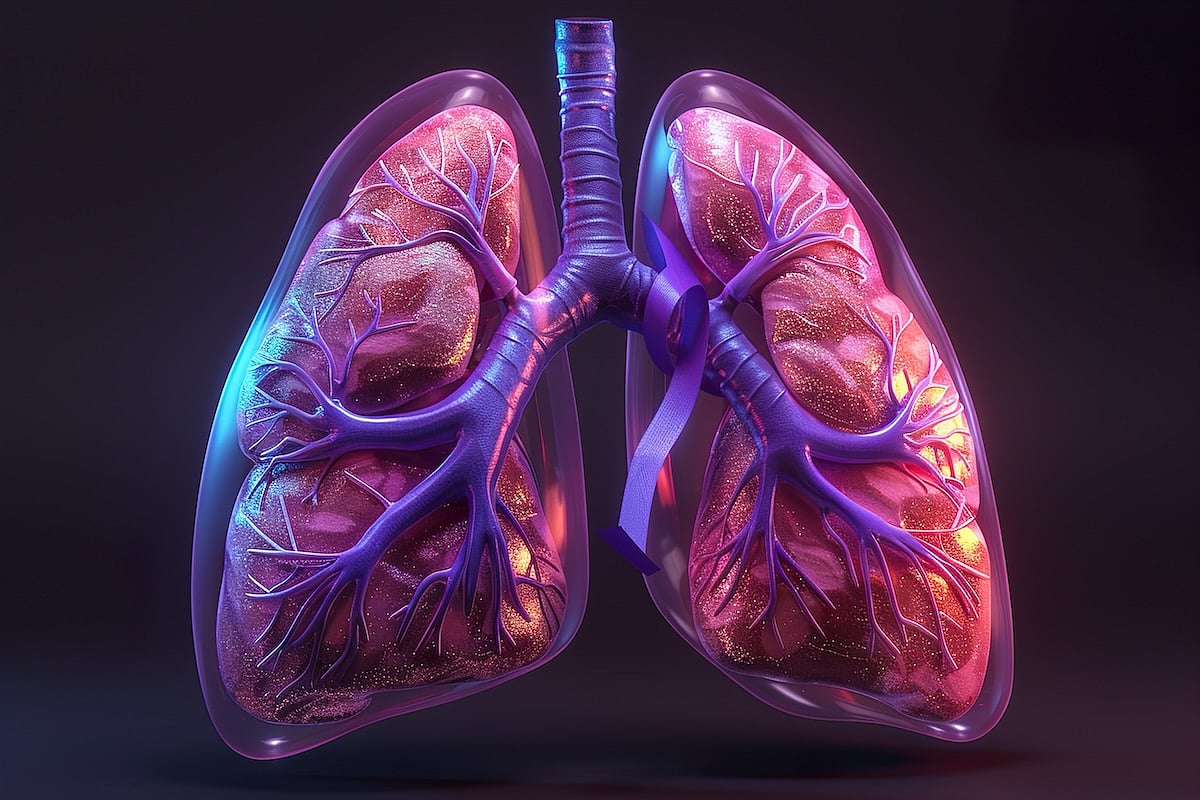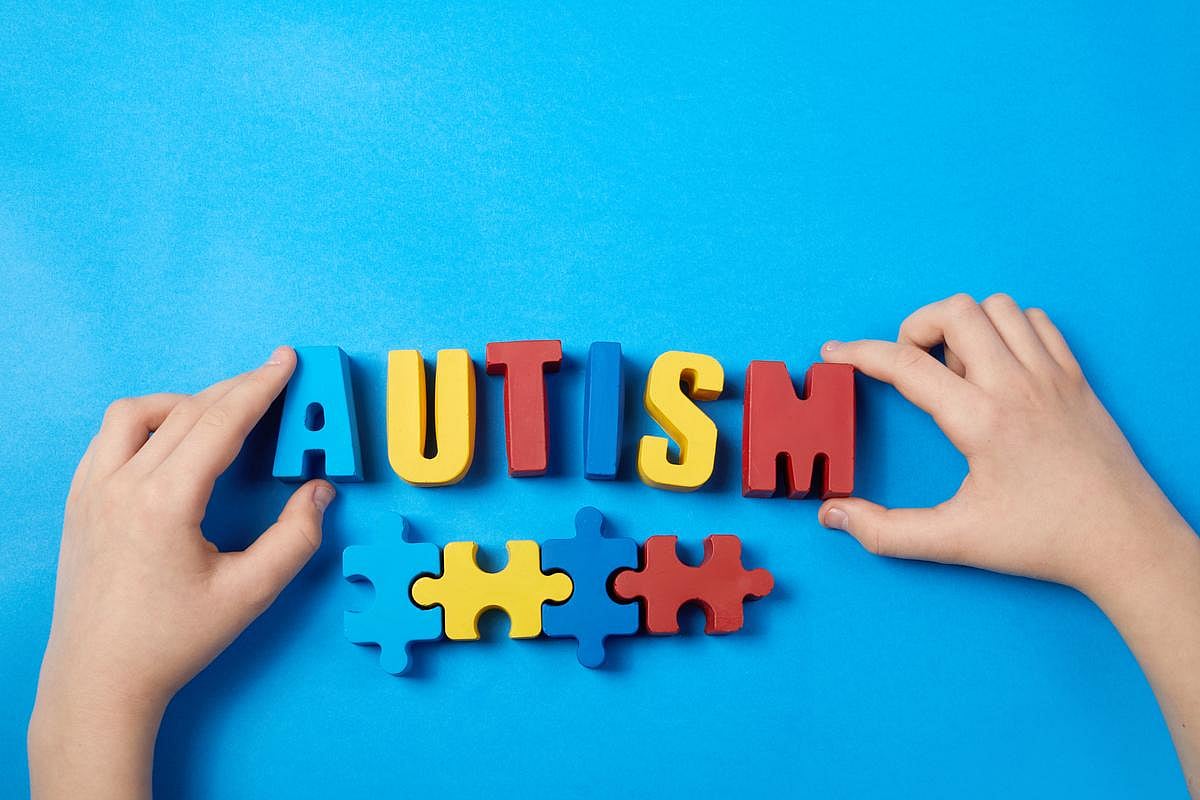
People could be at higher risk of fatty liver disease from both sugary sodas and diet drinks, a new study says. In fact, artificially sweetened drinks might pose a greater threat to liver health than sugary beverages, researchers reported Monday at the United European Gastroenterology’s annual meeting in Berlin. The team also found that replacing… read on > read on >


















